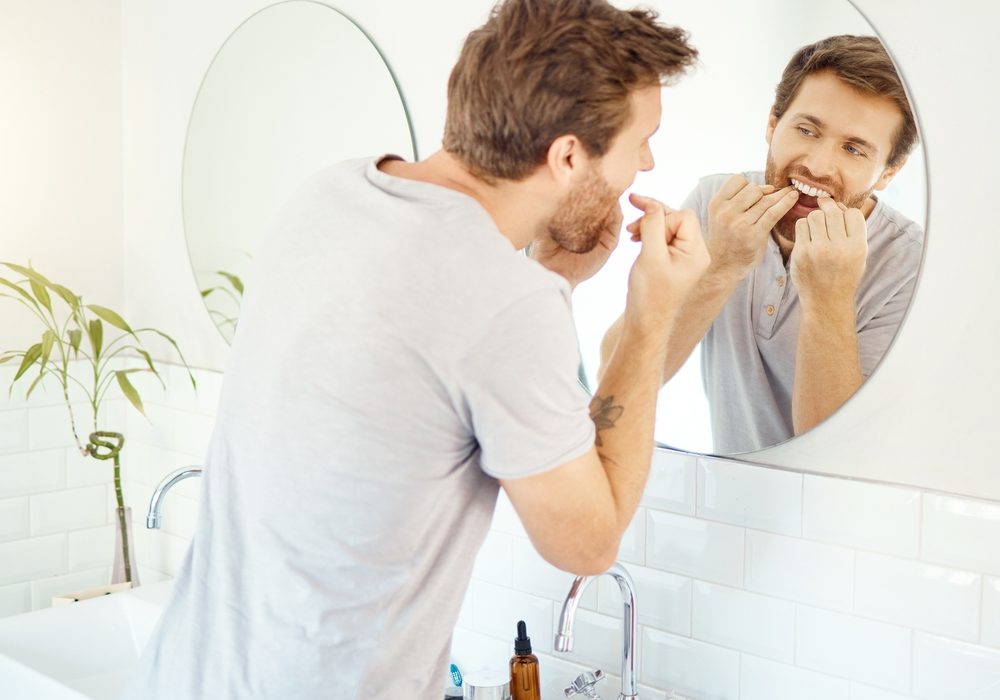Oral hygiene: If you’re dealing with persistent bad breath and sore gums, these issues might be signaling underlying oral health problems. It’s time to clear up some common myths about oral hygiene and get to the truth.
Your oral health can be a good indicator of how well you’re caring for your mouth. If you wake up with a persistent bad taste, sore gums, and less-than-fresh breath despite brushing the night before, it might be a sign that your daily oral hygiene routine isn’t fully effective. Coated teeth and tender gums suggest that adjustments are needed to better maintain a healthy mouth.
Poor oral health is a combination of factors, many of which are misunderstood or overlooked due to widespread oral hygiene myths. Diet, improper brushing techniques, inadequate flossing, and the misconception that oral health is only about teeth all contribute to the decline in oral hygiene.
Debunking 5 common oral hygiene myths
Myth: Whitening toothpastes are safe for daily use
Fact: Whitening toothpastes often contain abrasive agents designed to remove surface stains. However, daily use can erode enamel over time, leading to increased sensitivity. For safe use, it’s best to alternate with regular toothpaste and consult your dentist about the best whitening options.
Myth: Bleeding gums are normal
Fact: Bleeding gums are often a sign of gum disease, not a normal reaction to brushing or flossing. If your gums bleed regularly, it’s an indication that you might have gingivitis or periodontal disease. Proper oral care and a visit to your dentist are necessary to address this issue.
Myth: You need to visit a dentist only if you are in pain
Fact: Regular dental check-ups are essential for preventing issues before they become painful. Many oral health problems, such as cavities or gum disease, don’t cause pain until they are advanced. Routine visits help catch and treat these issues early.
Myth: Brushing right after eating is best
Fact: Brushing immediately after eating, especially after consuming acidic foods, can actually damage your enamel. Acid softens enamel, and brushing right away can wear it away. It’s better to wait 30 minutes after eating before brushing your teeth.
Myth: Sugar is the only culprit behind cavities
Fact: While sugar is a major factor, it’s not the only one. Any carbohydrate can be broken down into sugars in your mouth, leading to acid production that causes cavities. Foods like bread, chips, and pasta can also contribute to tooth decay if not properly cleaned from your teeth. Regular brushing and flossing are vital to prevent cavities, regardless of the type of food consumed.








